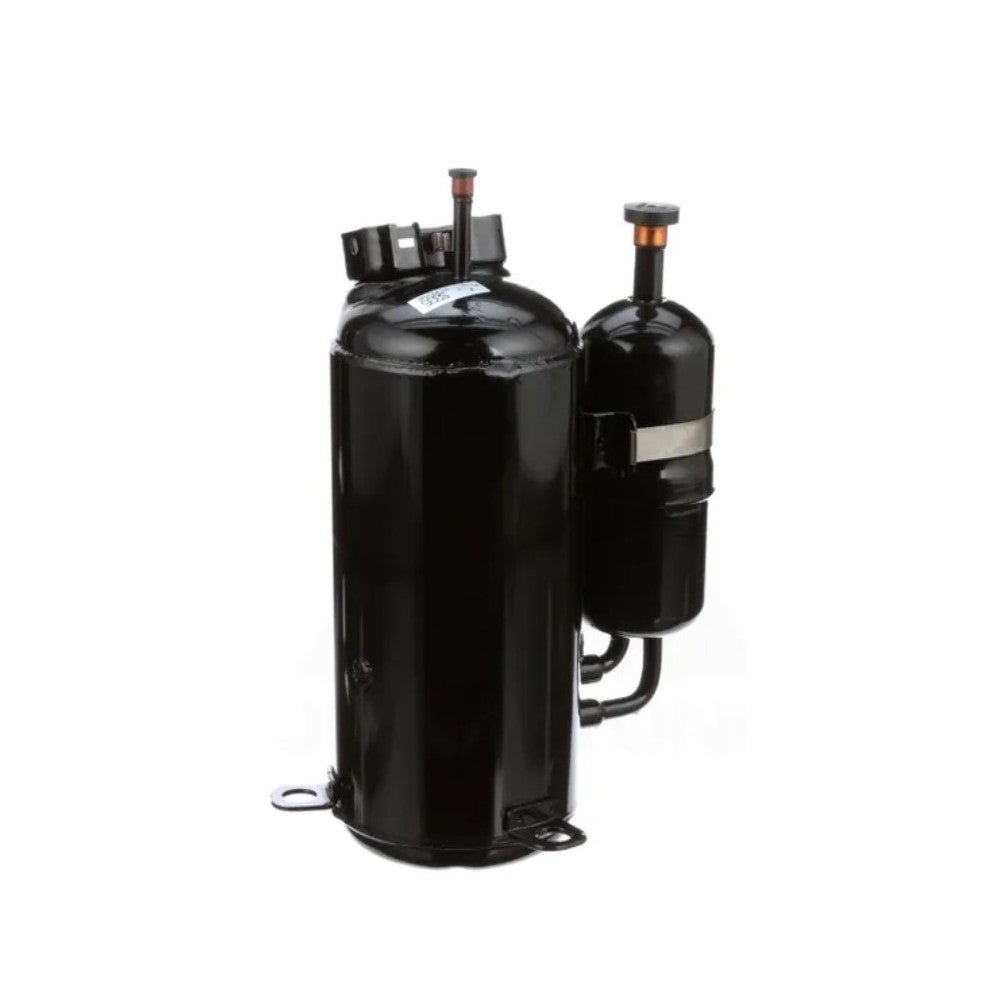When it comes to heating, ventilation, and air conditioning (HVAC) systems, one component plays a crucial role but often goes unnoticed until it fails: the compressor. This vital component is frequently referred to as the "heart" of the HVAC system. But what exactly is a compressor, and why is it so essential? In this blog, we'll dive into the world of compressors, exploring their function, importance, and the role they play in our comfort.
What is a Compressor?
A compressor is a mechanical device that increases the pressure of a gas by reducing its volume. In the context of an HVAC system, the compressor is part of the outdoor unit and plays a pivotal role in the refrigeration cycle. It is responsible for compressing refrigerant gas from the indoor unit (evaporator coil), thereby enabling it to transfer heat effectively.
The compressor's main job is to convert low-pressure gas into high-pressure gas. This process heats the gas, which is then transported through the condenser coil where it releases its heat and transforms back into a liquid. This liquid is then cycled back into the indoor unit, cooling the air inside your home.
Why is the Compressor Used?
-
Heat Transfer: The primary purpose of the compressor is to facilitate the transfer of heat out of your home. By compressing the refrigerant, the compressor increases its temperature and pressure, enabling it to carry heat from the indoors to the outdoors efficiently.
-
Cooling Cycle Continuation: The compressor is integral in maintaining the cycle of refrigeration. Without the compressor, the refrigerant would not circulate through the system, and the air inside the home would not be cooled.
-
Energy Efficiency: Modern compressors are designed to be energy-efficient, helping to reduce electricity usage and lower utility bills. They adjust their speed based on the cooling demand, ensuring optimal efficiency and comfort.
-
Dehumidification: As the compressor facilitates the refrigeration cycle, it also contributes to the dehumidification process. By cooling the indoor air, moisture is condensed and removed, improving the indoor air quality and comfort.
Types of Compressors
There are several types of compressors used in HVAC systems, each with its own set of advantages:
-
Piston (Reciprocating) Compressors: These are common in smaller systems and operate in a manner similar to a car engine, with a piston compressing the refrigerant.
-
Scroll Compressors: Known for their reliability and efficiency, scroll compressors operate by pressing two spiral-shaped scrolls together to compress the refrigerant.
-
Rotary Compressors: These are used in various applications and work by trapping refrigerant in the spaces between a rotating mechanism and a stationary casing.
-
Screw Compressors: Typically found in large industrial applications, screw compressors use two interlocking screws to pressurize the refrigerant.
Conclusion
The compressor is a critical component of your HVAC system, ensuring that your home remains comfortable regardless of the season. Understanding how it works and its importance can help you appreciate the complex nature of your HVAC system and the vital role it plays in your daily comfort. Regular maintenance of your HVAC system, particularly the compressor, is essential to prevent breakdowns, extend the life of the system, and maintain energy efficiency. If you suspect any issues with your compressor, it's crucial to contact a professional HVAC technician to inspect and repair the system to avoid more significant problems down the line.


